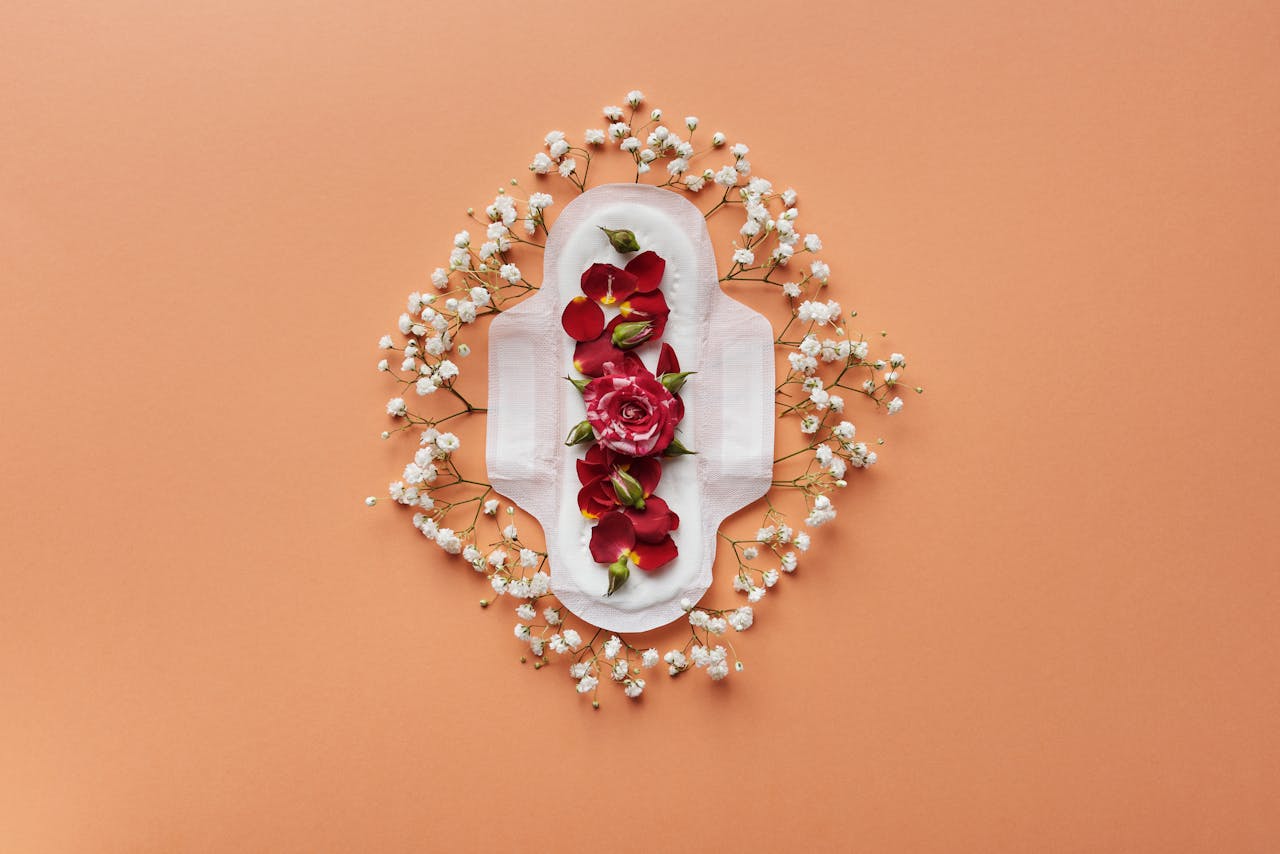
These have been associated with missing school, avoiding sport and mental health challenges. (Pexels Photo)
By Felicity Roux, Curtin University; HuiJun Chih, Curtin University; Jacqueline Hendriks, Curtin University, and Sharyn Burns, Curtin University, The Conversation
It is important for everyone – but especially girls, women and people who menstruate – to understand how ovulation and menstruation work.
The menstrual cycle is a key indicator of overall health and
sadly, issues such as pain, mood swings or abnormal bleeding are common. These have been associated with missing school, avoiding sport and mental health challenges.
Understanding the menstrual cycle empowers patients to give an accurate history to doctors to maintain good health. This knowledge is also needed to navigate major milestones such as menarche (the first bleed), fertility, pregnancy, breastfeeding and menopause.
Given how important menstrual health literacy is for half the population for some 40 years of their lives, it would be reasonable to suppose it is a core part of learning at school.
Unfortunately, our new research suggests it is not.
Our research
We surveyed teenage girls about their knowledge of the menstrual cycle as part of our broader work, developing and testing a holistic menstrual health literacy program for schools (which Curtin University has identified as having commercial potential).
To establish what school students need to know, we consulted 35 experts in medicine and education. The experts said at a minimum, girls need to know about ovulation, menstruation and basic anatomy.
We then surveyed 297 female* students (average age 15) who had attended puberty and reproductive science lessons at school. More than 92% of respondents had had their periods for about two years on average.
They were from two single-sex and seven co-educational schools in the Catholic and independent sectors in Western Australia.
Our findings
Our survey revealed alarming gaps in teenagers’ basic knowledge about anatomy, ovulation and menstruation.
Almost half of respondents (48.6%) did not know day one of the menstrual cycle is the first day of menstruation. Less than 9% understood ovulation happens about two weeks before their period.
More than 60% of respondents confused the vulva (external genitalia) with the vagina (the internal canal that extends from the vulva to the cervix).
Regarding fertility, 43% incorrectly selected 45 years (rather than 35 years) as the age for when achieving pregnancy becomes increasingly difficult.
Most of those surveyed (91%) got their information from their mothers, with others relying on friends or apps. Almost 70% reported they got period pain. About 65% reported mood swings and 45% reported nausea during their cycles.
The type of school does not have an impact
Previous research suggests girls prefer to learn about menstruation without boys around.
However, there was little difference between the type of school a student attended – single-sex or co-ed – and students’ level of knowledge about the menstrual cycle.
Similarly, there was little difference in students’ knowledge between Catholic and independent schools.
This was surprising, since the Catholic Church supports natural fertility regulation. This needs a solid, accurate understanding of the menstrual cycle to be as effective as possible.
We also found students who used period-tracking apps were no more likely to have basic knowledge of their cycles than peers who did not use these apps. This is similar to findings from previous studies.
Why we need to do more
Many female students in our study showed poor levels of menstrual health literacy.
This suggests there is a pressing need for schools to improve the education they provide about the menstrual cycle. As our previous research recommended, this needs to use evidence-based information presented in clear, accessible ways.
If patients cannot answer doctors’ basic questions, such as “when was your last period?” or “where is this happening in your body?”, it could impact diagnoses and treatments. It also means they may not even go to a doctor, dismissing debilitating pain or heavy bleeding as “normal”.
Our ongoing research will train school staff in menstrual health education and care, which may be expanded to other school systems and states in time.
In this article we use terms such as females or girls in relation to sex (biological characteristics or reproductive organs), which may differ from gender identity.![]()
Felicity Roux, Researcher, Curtin Medical School, Curtin University; HuiJun Chih, Senior Lecturer and Research Fellow (Biostatistics), Curtin University; Jacqueline Hendriks, Senior Research Fellow and Lecturer, Health Promotion and Sexology, Curtin University, and Sharyn Burns, Professor of Health Promotion, Curtin University
This article is republished from The Conversation under a Creative Commons license. Read the original article.





















